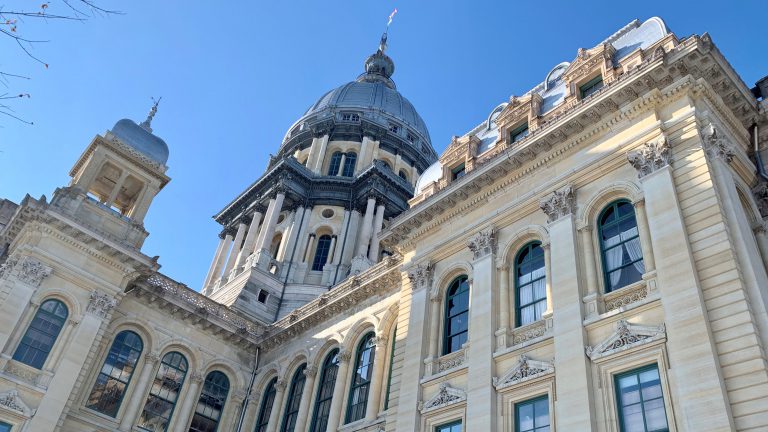CHICAGO – Illinois Gov. J.B. Pritzker has ordered the state’s residents to remain in their homes except for essential needs, joining similar efforts in California and New York to limit the spread of the coronavirus. Pritzker’s order announced Friday will still allow the state’s 12.6 million residents to seek essentials including groceries and medicine. The order will take effect Saturday and last through April 7. Pritzker says the move could potentially prevent tens of thousands” of deaths. Read the executive order here.
According to Illinois.gov, here’s what are and are not considered essential activities and how the order will be enforced:
CONSIDERED ESSENTIAL
- For health and safety: seeking emergency services, obtaining medical supplies or medication or visiting a health care professional
- For necessary supplies and services: obtaining groceries and food, household consumer products, supplies they need to work from home, and products necessary to maintain the safety, sanitation and essential operation of residences
- For outdoor activity: walking, hiking, running or biking – including going to public parks and open outdoor recreation areas, except for playgrounds
- For certain types of work: Providing essential products and services at Essential Businesses or Operations or otherwise carrying out activities specifically permitted in the order, including Minimum Basic Operations
- To take care of others: Caring for or transporting a family member, friend or pet in another household
- Stores that sell groceries and medicine
- Food, beverage and cannabis production and agriculture
- Organizations that provide charitable and social services
- Media
- Gas stations and businesses needed for transportation
- Financial institutions
- Hardware and supply stores
- Critical trades: including plumbers, electricians, exterminators, cleaning and janitorial staff for commercial and governmental properties, security staff, operating engineers, HVAC, painting, moving and relocation services, and other service providers that maintain the safety, sanitation and essential operation of residences, essential activities, and essential businesses and operations
- Mail, post, shipping, logistics, delivery and pick-up services
- Educational institutions, for purposes of facilitating distance learning, performing critical research, or performing essential functions
- Laundry services
- Restaurants for consumption off-premises
- Supplies to work from home
- Supplies for Essential Businesses and Operations
- Transportation, for purposes of Essential Travel
- Home-based care and services
- Residential facilities and shelters
- Professional services
- Day care centers for employees exempted by this Executive Order
- Manufacture, distribution, and supply chain for critical products and industries
- Critical labor union functions
- Hotels and motels, to the extent used for lodging and delivery or carry-out food services
- Funeral services
CONSIDERED NON-ESSENTIAL
- All non-essential business and operations must cease, aside from Minimum Basic Operations. Those operations include the minimum necessary activities to maintain the value of inventory, preserve plant and equipment condition, ensure security, process payroll and employee benefits and facilitate employees working remotely.
- The order also closes licensed child care centers and all childcare homes serving more than six children.
- The Governor has asked cities to halt evictions statewide.
ENFORCEMENT
- The Illinois State Police will work with local law enforcement to enforce this order but adhering to the order will save lives and it is the responsibility of every Illinoisan to do their part.
- The Illinois National Guard will be supporting logistics, transportation, and medical response efforts. The Guard will not be enforcing this order.
- Law enforcement officials will not stop residents who are on their way to or from work or who are out for necessities like going to the pharmacy or getting groceries, or just taking a walk. People gathering in groups over 10 may be asked to social distance or go home.

